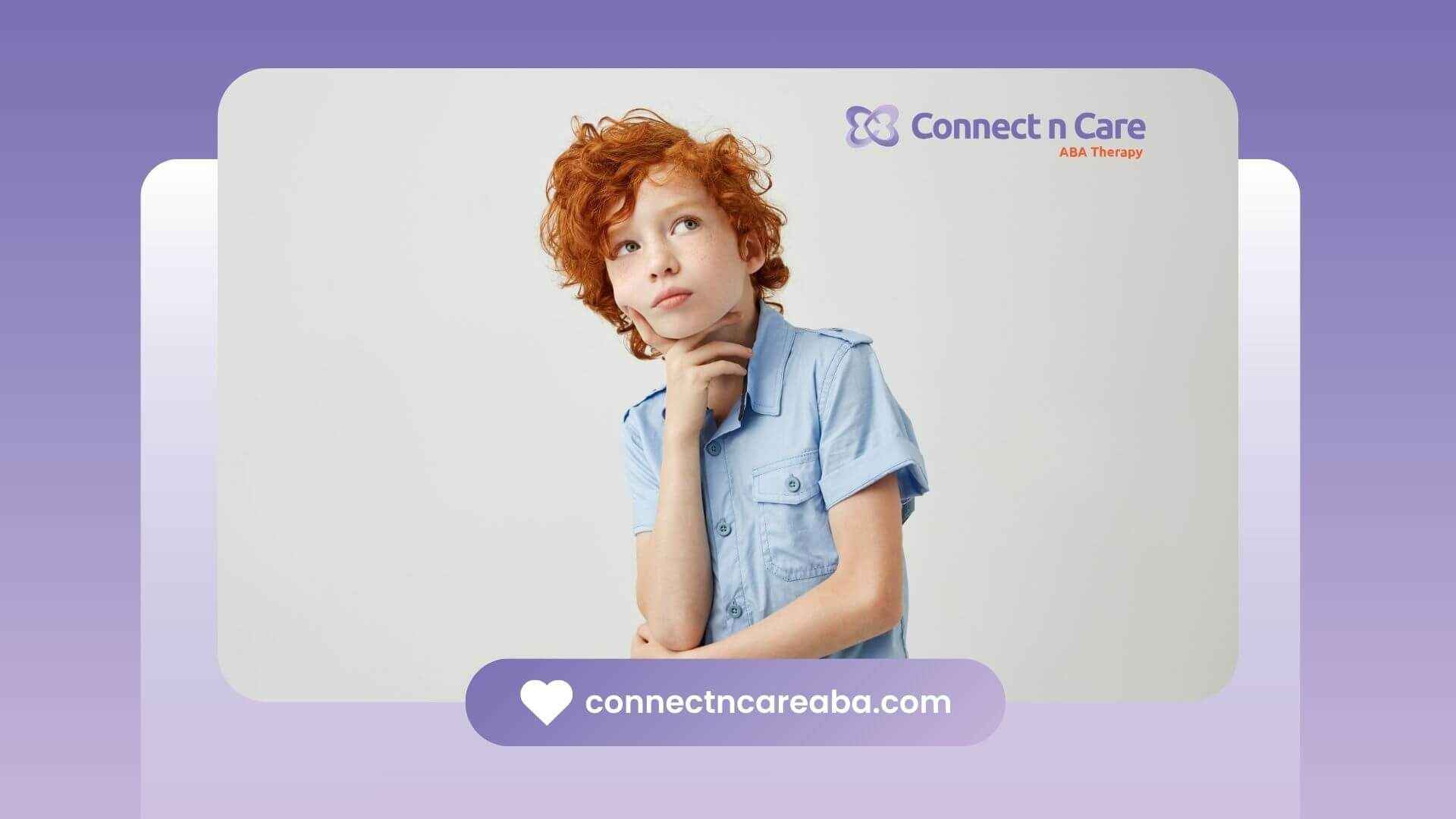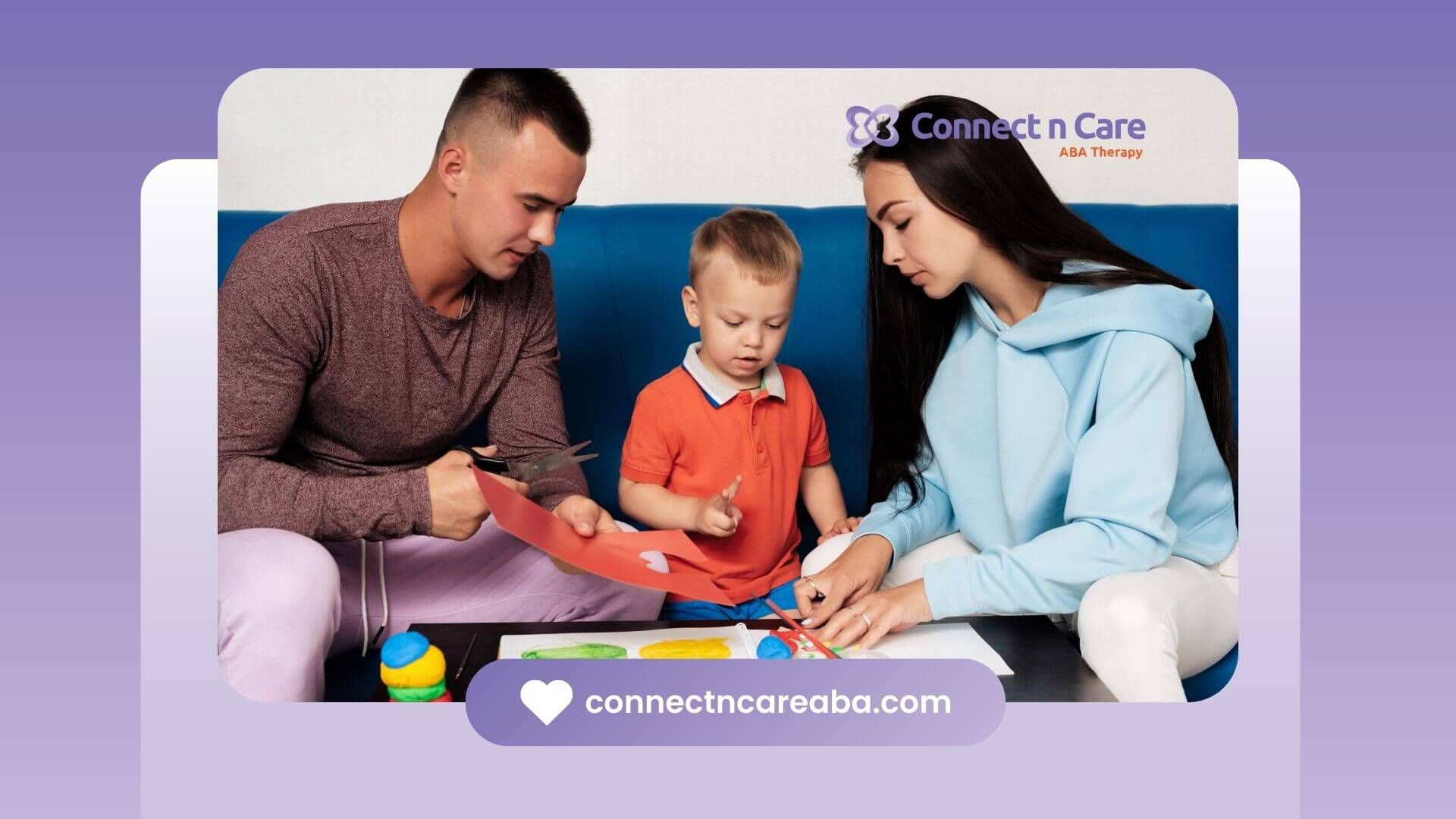The rich tapestry of George R.R. Martin's "A Song of Ice and Fire" series and its television adaptation, "House of the Dragon," is filled with complex and multifaceted characters. Among them, Helaena Targaryen has sparked considerable intrigue and speculation among fans.
Her unique behaviors and characteristics have led many to wonder: is Helaena Targaryen autistic? In this article, we will explore the nuances of her character, examining her actions and traits through the lens of autism.
By delving into her portrayal, we aim to provide a thoughtful analysis that sheds light on the broader conversation about neurodiversity in fictional narratives.
Who is Helaena Targaryen?
Helaena Targaryen, a character from the prequel series "House of the Dragon," has captivated audiences with her unique demeanor and complex personality. Daughter of King Viserys I Targaryen and Queen Alicent Hightower, she holds a significant yet understated position within the intricate tapestry of the Targaryen dynasty.
She is married to her brother, King Aegon II, which makes her Queen Helaena Targaryen. She is often perceived as a dreamer. In the context of the show and George R.R. Martin’s universe, being a dreamer means having prophetic visions or dreams, much like the historical Targaryens known for their dragon dreams.
Helaena exhibits behaviors that suggest she experiences these visions, such as her cryptic statements about future events. This aligns her with the mythic figure of Cassandra, who was cursed to see the future but never be believed.
Unlike her more fiery and ambitious relatives, Helaena exudes a calm, introspective aura, often seen lost in her own world, which has sparked a lot of speculation among fans.
Helaena Targaryen Autistic Traits in the House of the Dragons
One of the most pivotal scenes that ignited the conversation about Helaena’s possible autism is her panic attack due to overstimulation in "House of the Dragon" Season 2, Episode 2. The portrayal is raw and authentic, showing Helaena struggling with the overwhelming stimuli around her.
Her reaction—withdrawal, heightened anxiety, and a need to escape—mirrors the experiences of many individuals on the autism spectrum.
This particular scene has led many to believe that Helaena might be autistic, as it aligns with common autism traits such as sensory sensitivity and social anxiety. Phia Saban's portrayal of Helaena brings a nuanced depth to the character, making viewers empathize with her struggles and understand her on a more personal level.
Helaena's detachment from her surroundings and her unique interests, such as her fixation on insects, also hint at her introspective and visionary nature. Despite being often misunderstood or dismissed by those around her, her insights and foresight make her a crucial character in the narrative, symbolizing the often-overlooked wisdom in unconventional minds.
Understanding Autism Spectrum Disorder
To better understand Helaena’s character, let’s delve into what Autism Spectrum Disorder (ASD) entails. Autism is a developmental disorder characterized by difficulties in social interaction, communication, and repetitive behaviors. The term "spectrum" is used because it manifests differently in each individual, ranging from mild to severe forms.
Common Autism Symptoms
- Social Interaction Challenges: Individuals with autism often find social interactions challenging. They may have difficulty reading social cues, understanding body language, or making eye contact.
- Communication Difficulties: Communication can be another hurdle, with some people being nonverbal and others having trouble starting or maintaining conversations.
- Repetitive Behaviors: Repetitive movements, routines, or rituals are common. These can be comforting and provide a sense of order and predictability.
- Sensory Sensitivities: Many people with autism are sensitive to sensory stimuli. Loud noises, bright lights, or certain textures can be overwhelming and lead to sensory overload.
The Accuracy of Autism Portrayal in the House of the Dragons
Portraying autism in media is a delicate task that requires sensitivity and accuracy. In "House of the Dragon," Helaena Targaryen’s character seems to touch on several autistic traits, particularly through her sensory sensitivities and social interactions. However, it’s important to note that while these traits are suggestive, they do not confirm an autism diagnosis.
Phia Saban's performance is commendable, bringing an authentic and respectful portrayal to the screen. The show doesn't explicitly label Helaena as autistic, but the subtle hints and careful character development offer a respectful nod to those who see themselves in her.
Other Fictional Characters with Autism
Helaena Targaryen isn’t the only character in the realm of fiction who has sparked conversations about autism. Many beloved characters from different genres and mediums have been portrayed with traits that resonate with the autism spectrum, contributing to a richer, more inclusive representation.
Two notable fictional characters who are also often seen as autistic are Eloise Bridgerton from the “Bridgerton” series and Sheldon Cooper from “The Big Bang Theory”.
Conclusion
The discussion around is Helaena Targaryen autistic, is a testament to the evolving representation of neurodiversity in media. Whether Helaena is officially autistic or not, her character has undoubtedly resonated with many fans who see elements of themselves in her. This representation is crucial as it fosters understanding, empathy, and a broader acceptance of neurodiversity in our society.
At Connect n Care ABA, we are dedicated to supporting individuals on the autism spectrum and their families. Our services are designed to provide personalized care, helping each individual thrive in their unique way. If you or someone you know could benefit from our expertise, don’t hesitate to reach out to us. Together, we can create a world where everyone feels seen, understood, and valued.
So, next time you watch "House of the Dragon," pay close attention to Helaena Targaryen. You might just see a bit of yourself or someone you love in her story.









